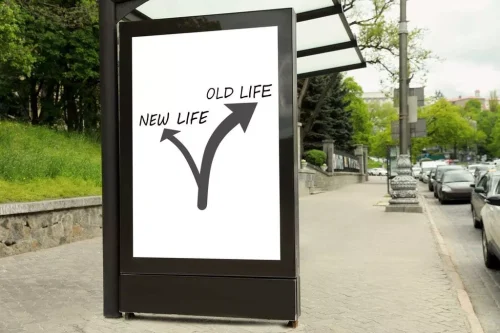
Alcohol acts as a diuretic, which is a substance that increases urine production. Peeing more frequently can increase your water loss, raising your risk for dehydration. You’ll hang on to only about half or a third of the extra water you drink. Most of it will go out in your urine, and you’ll still end up dehydrated at the end of a night of drinking.
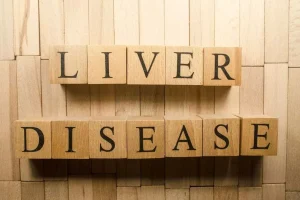
Facts About Excessive Drinking
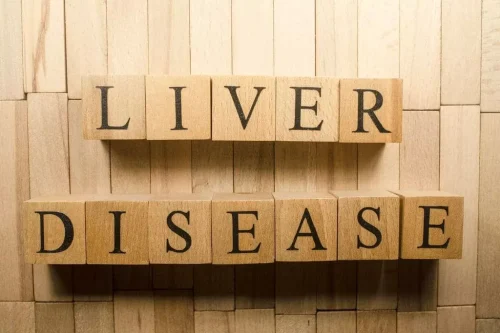
If you have a full stomach, it can essentially slow down the absorption of alcohol. There are mixed opinions on whether exercise can help your body metabolize alcohol more rapidly (most likely, it https://ecosoberhouse.com/ can), but it’s worth a try and it’ll likely help you sober up. This is partly because our soil is incredibly depleted, so our fruits and veggies don’t have the mineral content they once did. Additionally, our tap water is heavily processed and filtered, leaving most of the minerals behind.
- And the liver converts that five per cent of alcohol into roughly the same mass of water and some carbon dioxide.
- Located in Northern California, our drug and alcohol detox and addiction treatment center offers a supportive environment and expert care to help individuals overcome addiction.
- So the less alcohol that’s in your system, the easier it is to stay hydrated.
- Due to its diuretic effect, alcohol makes it more likely for tissues to be deficient in electrolytes.
- Electrolytes can help direct water to where it’s most needed, and DripDrop has three times the electrolytes of a sports drink.
- When you drink alcohol, you are adding fluid to your body, but the chemical properties of alcoholic drinks can have unintended effects on your body.
What to Do If You’re Already Dehydrated from Alcohol
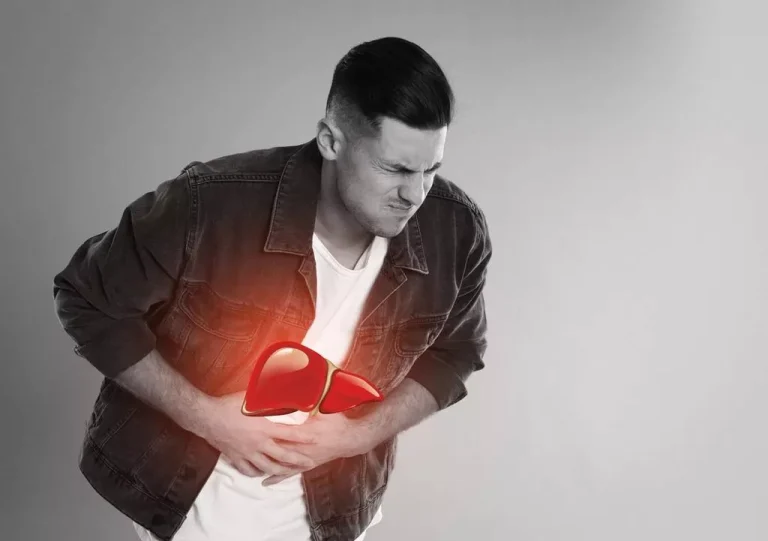
Heavy drinking will cause dehydration, no matter what preventative strategies you are using. Drink plenty of plain water, an electrolyte drink or sports drink, and eat water-rich, easily digestible foods. These foods also have the bonus of being easy on the digestive system if yours is upset from drinking too much alcohol. A diuretic is a substance that causes the body to produce more urine. You’ve no doubt noticed that when you drink, you have to pee more.
- When you have food in your stomach, alcohol is absorbed more slowly into your system.
- There’s less air pressure, so alcohol enters your bloodstream even more rapidly.
What To Do if You’re Dehydrated From Alcohol
A moderate amount equates to one glass of alcohol or less per day for females and two glasses of alcohol or less per day for males. A person who is already at risk of dehydration from one or more of the above factors should avoid or limit alcohol consumption. Alcohol is a diuretic and therefore causes excessive urination. In this article, we describe how alcohol dehydrates the body and provide tips on how to counteract dehydration due to alcohol consumption. The water we drink today is either tap water (full of chlorine and other chemicals) or filtered does alcohol dehydrate you water (completely stripped of mineral content).
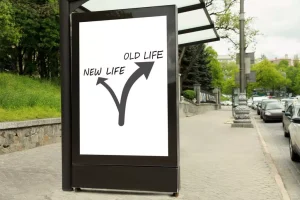
Knowing what counts as one standard drink can help you figure out how much alcohol you drink and whether it would be considered excessive. Emily Lachtrupp is a registered dietitian experienced in nutritional counseling, recipe analysis and meal plans. She’s worked with clients who struggle with diabetes, weight loss, digestive issues and more. In her spare time, you can find her enjoying all that Vermont has to offer with her family and her dog, Winston.
- You’ve no doubt noticed that when you drink, you have to pee more.
- Drinks like coffee, sodas with caffeine — and even alcohol — can have a diuretic effect, meaning they can cause you to urinate or pee more, which can then further dehydrate you.
- The action of suppressing this hormone exacerbates the diuretic effect and leads to dehydration.
